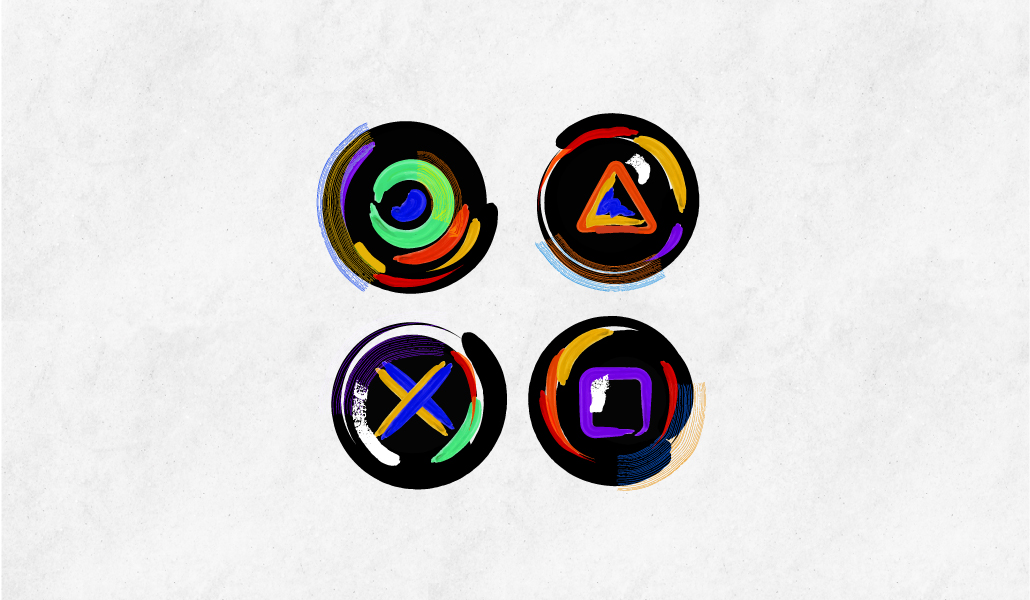Despite other companies reconsidering their involvement in esports, MasterCard is doubling down on its commitment to the industry as 2023 approaches. The credit card giant celebrated its fifth year as a global sponsor of the “League of Legends” esports on August 21st. In addition, in June, MasterCard expanded its investment in e-gaming with a worldwide sponsorship of “Valorant”, another major esport from Riot Games. The specifics of these sponsorship deals have not been disclosed, but it is known that such arrangements typically range from $17 million to over $144 million for multi-year contracts.
The increasing participation of MasterCard in Riot Games’ esports infrastructure endorses the game developer’s ambitious plans for the future of competitive gaming. Riot envisages esports reaching the same level of popularity and financial success as conventional sports such as baseball and basketball, and MasterCard appears willing to support this vision.
MasterCard’s Chief Marketing Officer, Raja Rajamannar, likened attending esports events to traditional sports games, highlighting the packed-out arena experience. MasterCard sees esports as a valuable market.
The company’s esports strategy aligns with its regular sports marketing approach.
Marketing agency head, Jamie Wootton, drew comparisons between MasterCard’s traditional sports sponsorships like MLB, the PGA Tour, and UEFA Champions League, and its esports relationships. He considered Riot Games’ events equally significant within the esports domain.
While some marketers are skeptical of the returns involved in esports partnerships, MasterCard is confident in the successful figures produced by Riot Games. Consequently, the company now provides dedicated “League of Legends” credit cards, colloquially known as “passion cards”. Rajamannar credits these as one of the primary indicators of the profitability of their partnership with Riot.
The direct correlation between the introduction of these cards and the resultant increase in revenues and profits affirms their successful collaboration, according to Rajamannar.
Rajamannar pointed out three areas MasterCard focuses on to assess their partnership effectiveness with Riot Games. These areas include direct business growth, brand affinity within the gaming community, and the competitive edge the partnership offers MasterCard compared to other esports-sponsoring brands.
The relationship between MasterCard and Riot has grown over the years, leading to the creation of “League of Legends” cards. This long-lasting partnership could potentially fast-track the launch of “Valorant”-themed cards.
In addition to backing Riot Games’ vision for the future of esports, MasterCard’s continuous involvement with Riot acts as a testament to the appeal of games incorporating diversity and inclusivity to brands. It’s particularly significant among those who are concerned about potential toxicity and brand safety issues within esports.
The diversely represented in-game characters in Valorant, coupled with the lack of realistic weapons and combat, further secure Riot’s most recent esport as a safer choice for brands.
As some companies reel in their esports spending, Riot believes that MasterCard’s continued investment in Riot’s platforms could inspire other non-gaming brands to increase their engagement in the industry, just as their 2018 partnership announcement originally did.
MasterCard’s most significant foray into esports came in 2018 with Riot, despite sponsoring a sequence of “Dota 2” events in 2012 and 2013. The company’s partnerships in this realm have substantially expanded since then, and it now partners with teams like FlyQuest and G2 Esports and individual players.
The successful partnership between MasterCard and Riot Games looks set to evolve further as Riot develops more esports products.
